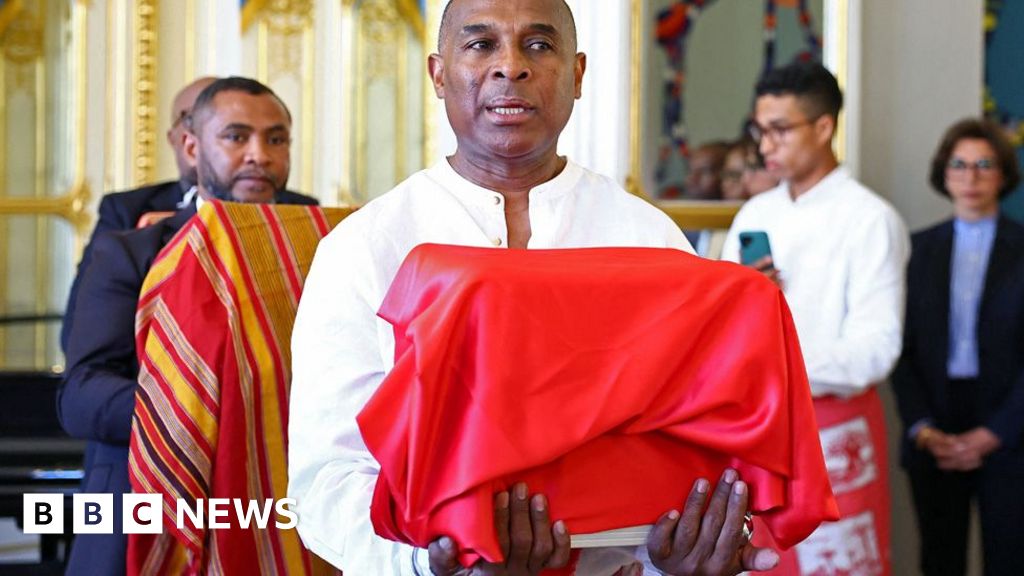Namibia has taken a significant step towards acknowledging its colonial past by officially observing a National Genocide Remembrance Day for the first time, marking the systematic killing of over 70,000 Africans by German colonial forces from 1904 to 1908. Often referred to as "Germany's forgotten genocide," this was characterized by historians as the first genocide of the 20th century.
The new holiday was established to honor the victims, primarily from the Ovaherero and Nama communities, who resisted the colonization and seizure of their land and cattle. Observed on May 28, the date signifies when German officials announced the closure of their concentration camps in 1907, following international condemnation of their brutal tactics.
This remembrance comes at a time when Namibia has urged Germany to take responsibility and provide reparations for the genocide. While Germany formally acknowledged its role in the atrocities four years ago and proposed €1.1 billion in development aid to Namibia over a period of 30 years, many Namibians felt the offer was insufficient. Critics noted the lack of a formal apology and the absence of the term "reparations" in the proposal, leading to widespread discontent among the affected communities.
A descendant of the Ovaherero, town councillor Uahimisa Kaapehi expressed his frustration over the insufficiency of financial aid, emphasizing the intrinsic value of land over money. Furthermore, representatives for genocide victims have criticized the past agreements as manifestations of neo-colonial attitudes and systemic racism.
Recent developments have introduced a draft deal between Namibia and Germany that reportedly includes a formal apology and an additional €50 million, yet many in the Ovaherero and Nama communities assert that they were not included in negotiations and view this as disrespectful to their ancestors. Activists and historians have further called for the return of land that once belonged to their communities, which remains under the control of the German-speaking population.
Germany's historical refusal to offer reparations is made even more ironic when one considers the reparation payments Germany demanded from the Ovaherero and Nama people following their resistance against colonial rule—amounting to substantial livestock losses. The genocide, instigated by an extermination order from German official Lothar von Trotha, included inhumane practices in concentration camps, where many prisoners died from overwork and exhaustion, accentuating the brutality of that period.
As Namibia embarks on this "journey of healing," the commitment to remember its past through a national day of remembrance is a poignant moment, yet many assert that genuine restorative justice remains distant. The country's leadership continues to call for comprehensive acknowledgment of past injustices, reminding the international community of the ongoing repercussions of colonialism. Namibian historian Martha Akawa-Shikufa elucidated the horrors of the genocide and its lasting impact, while recent criticisms directed towards Germany highlight the urgent need for accountability. Namibians wait for full recognition and reparations for one of history's darkest chapters.


















